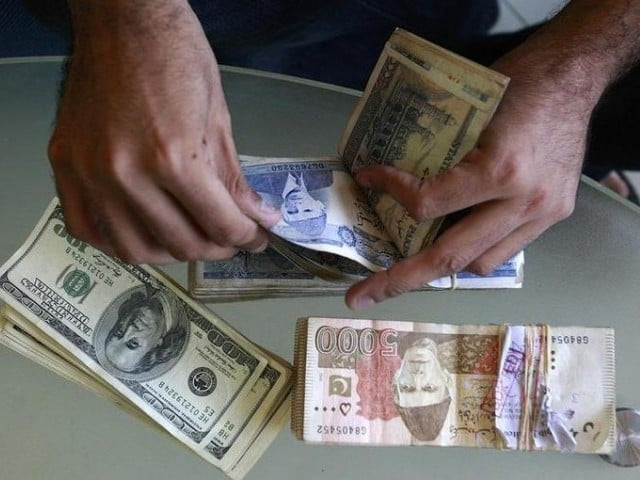Can dual nationals really help the economy?
If the PTI wants to fix the economy in the long term, it cannot go after quick fixes

PHOTO: REUTERS
Currently, overseas Pakistanis add almost $20 billion to the economy every year. The PM expects this contribution to increase by up to $40 billion a year.
If this estimate is correct, it can solve two Pakistani economic struggles immediately. First, it will get Pakistan out of the balance-of-payments crisis for which it has turned to the IMF while helping the economy grow at a faster pace. Pakistan’s fundamental economic issues will still loom for a while since they are far more difficult to handle depending on the governmental structure and ministries that sometimes work at cross-purposes.
He also mentioned he would like to set up a system to protect the properties of overseas Pakistani hoping to build their confidence to invest in Pakistani real estate more and expand the gross domestic product. Before this recent update, the PM had asked the overseas Pakistanis to send $1,000 per person as a donation to address the water and electricity crises, the response to that appeal has been disheartening — to say the least. Out of $14 billion required, according to the unofficial numbers, less than $1 million have been sent from the United States only.
Targeting the same set of people way before the PTI came into power, Imran Khan had requested the Supreme Court to recognise overseas Pakistanis’ right to vote. An online system was established hence incurring a total expenditure of Rs95 million in setting up the infrastructure and registering the eligible voters. How did the overseas respond? The turnover stood at less than 15 per cent, a dismal number with a cost of Rs15,000 a vote!
It seems as if the PTI government is relying quite a bit both on overseas Pakistanis to jumpstart the economy and provide some form of political support. Reason? If their confidence is restored, the problem of the balance of payments which has consumed the party so far can be put behind and the PTI would focus on improving governance and bring tabdeeli in its literal sense.
There is only one problem though. Dual citizens, according to the Constitution, cannot participate in the electoral process. Hence, they cannot become a part of legislation or the government. Many of them are concerned as to why should they invest in Pakistan if they are not going to be treated as equal citizens, where their voice will not be heard. There is considerable doubt whether they can in fact serve as high-level bureaucrats or even lead government agencies. A three-member bench of the Supreme Court headed by the chief justice has reserved verdict on the issue. The court is reaching out to the government to seek its opinion.
The PM cannot promise the dual citizens that he would make the constitutional amendment to remove those clauses. Why? According to Article 63-1(C) of the Constitution, a person is disqualified to be a member of the assembly if “he ceases to be a citizen of Pakistan, or acquires the citizenship of a foreign state.” Its Article 62 (F) at the same time states that a person can be a member of parliament only if “he is sagacious, righteous and non-profligate, honest and Ameen, there being no declaration to the contrary by a court of law.” The Supreme Court of Pakistan disqualified Nawaz Sharif based on this provision.
Knowing that, is depending on overseas Pakistanis the right strategy? If the PTI wants to fix the economy in the long term, it cannot go after quick fixes. It must dig in and work on the basics: reduce the bureaucratic red tape within which the small businesses operate, increase the internal tax revenue and take real austerity measures instead of relying on optics.
Published in The Express Tribune, October 21st, 2018.
Like Opinion & Editorial on Facebook, follow @ETOpEd on Twitter to receive all updates on all our daily pieces.














COMMENTS
Comments are moderated and generally will be posted if they are on-topic and not abusive.
For more information, please see our Comments FAQ